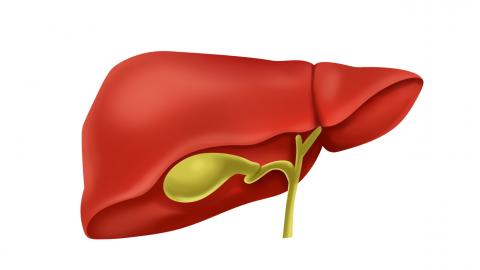Can the total bilirubin level indicate the severity of the condition?
Total bilirubin levels can usually assist in assessing the condition, but cannot alone determine the underlying cause. It is recommended to seek timely medical advice, identify the cause, and undergo symptomatic treatment under the guidance of a qualified physician.

When the liver is damaged, such as in hepatitis or cirrhosis, the liver's ability to process bilirubin decreases, leading to elevated total bilirubin levels in the blood. In such cases, an abnormally high total bilirubin level may indicate potential liver problems. Obstruction of the biliary system can hinder the normal excretion of bilirubin, increasing direct bilirubin levels in the blood, and indirect bilirubin levels may also be affected. Under these circumstances, abnormal total bilirubin levels can also provide diagnostic clues.
Total bilirubin levels may vary among different populations, so individual circumstances must be considered during analysis. Total bilirubin is only one factor in assessing a patient's condition and must be interpreted in conjunction with clinical symptoms, physical signs, and other diagnostic test results. If abnormally elevated total bilirubin levels are detected, it is recommended to seek timely medical evaluation and follow the physician's recommendations for further investigation and treatment.
In daily life, it is recommended to maintain a light diet, rest appropriately, and ensure adequate physical activity to help maintain overall health.




